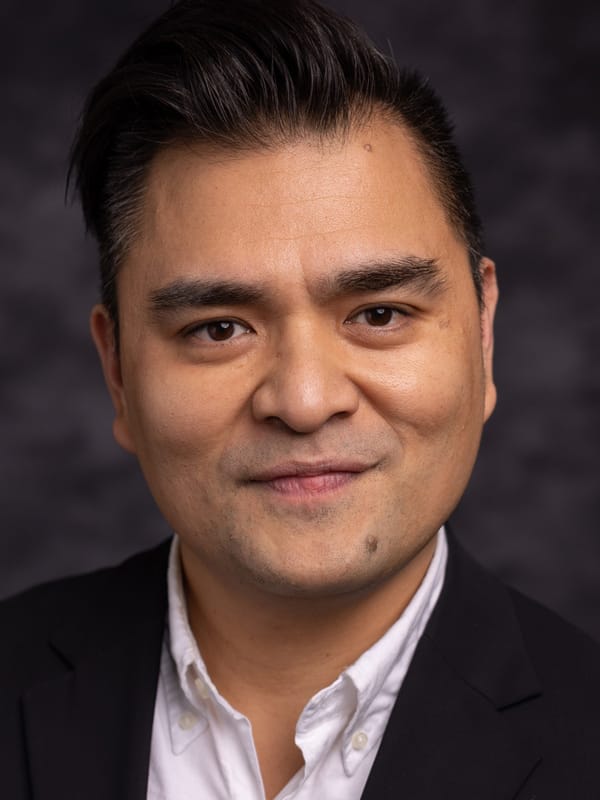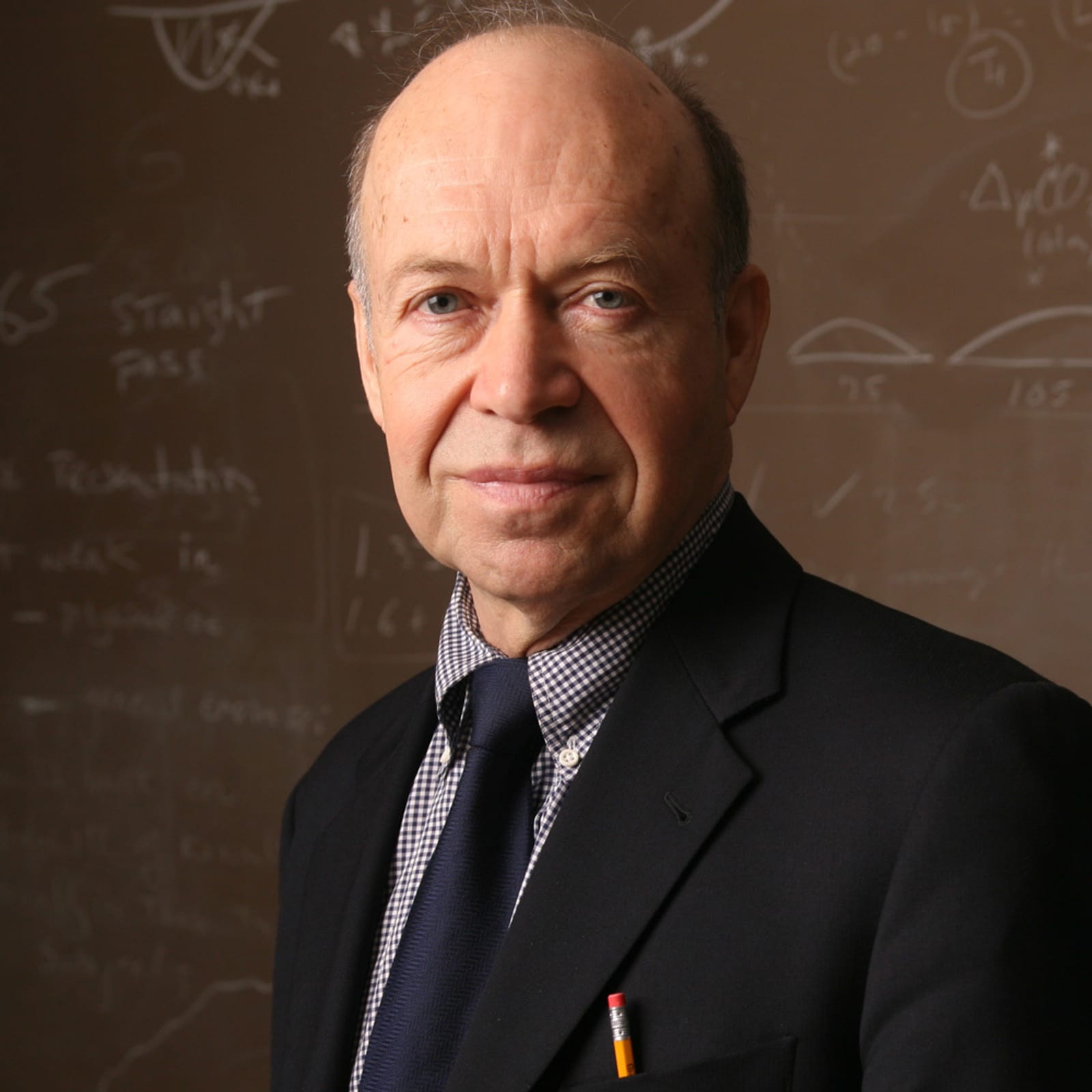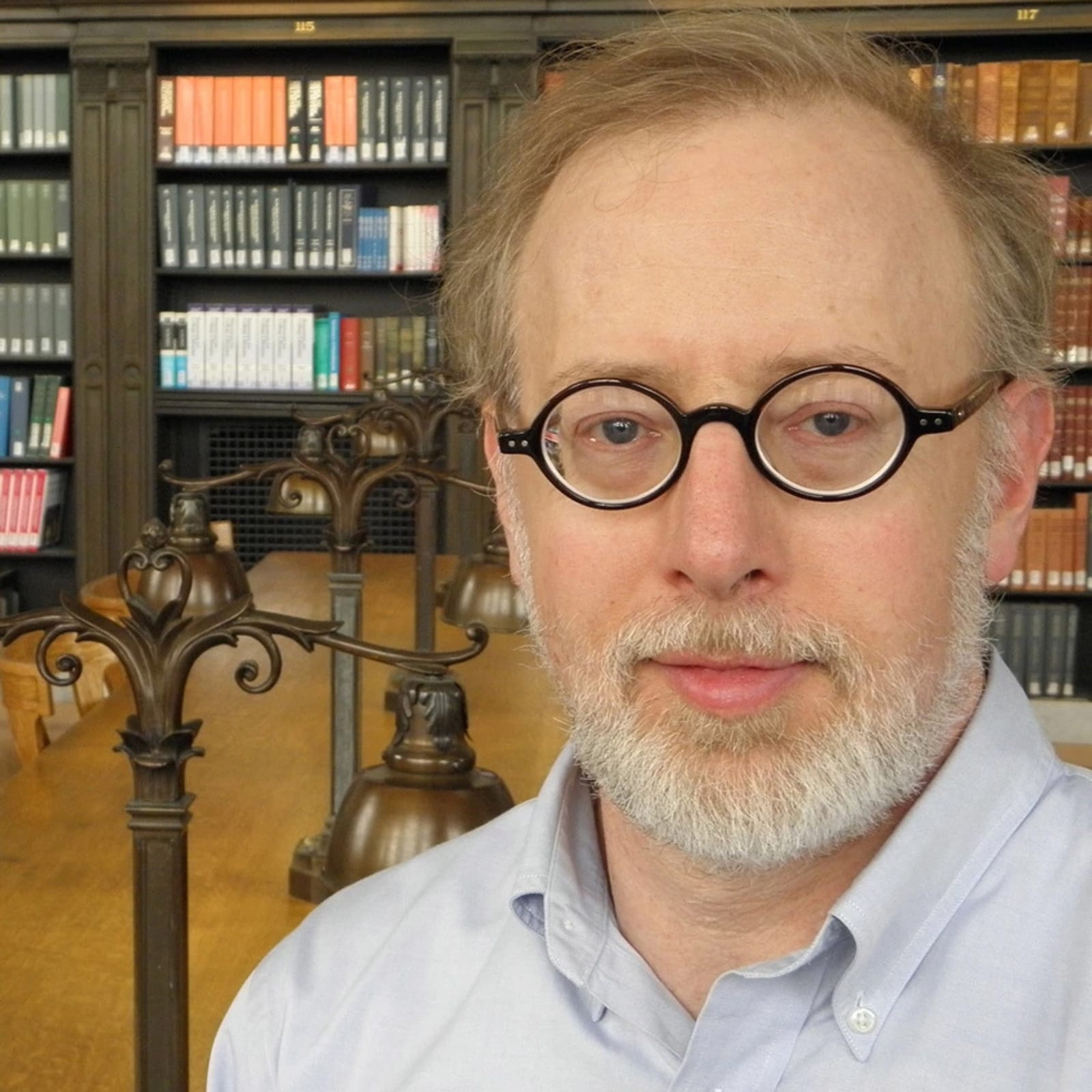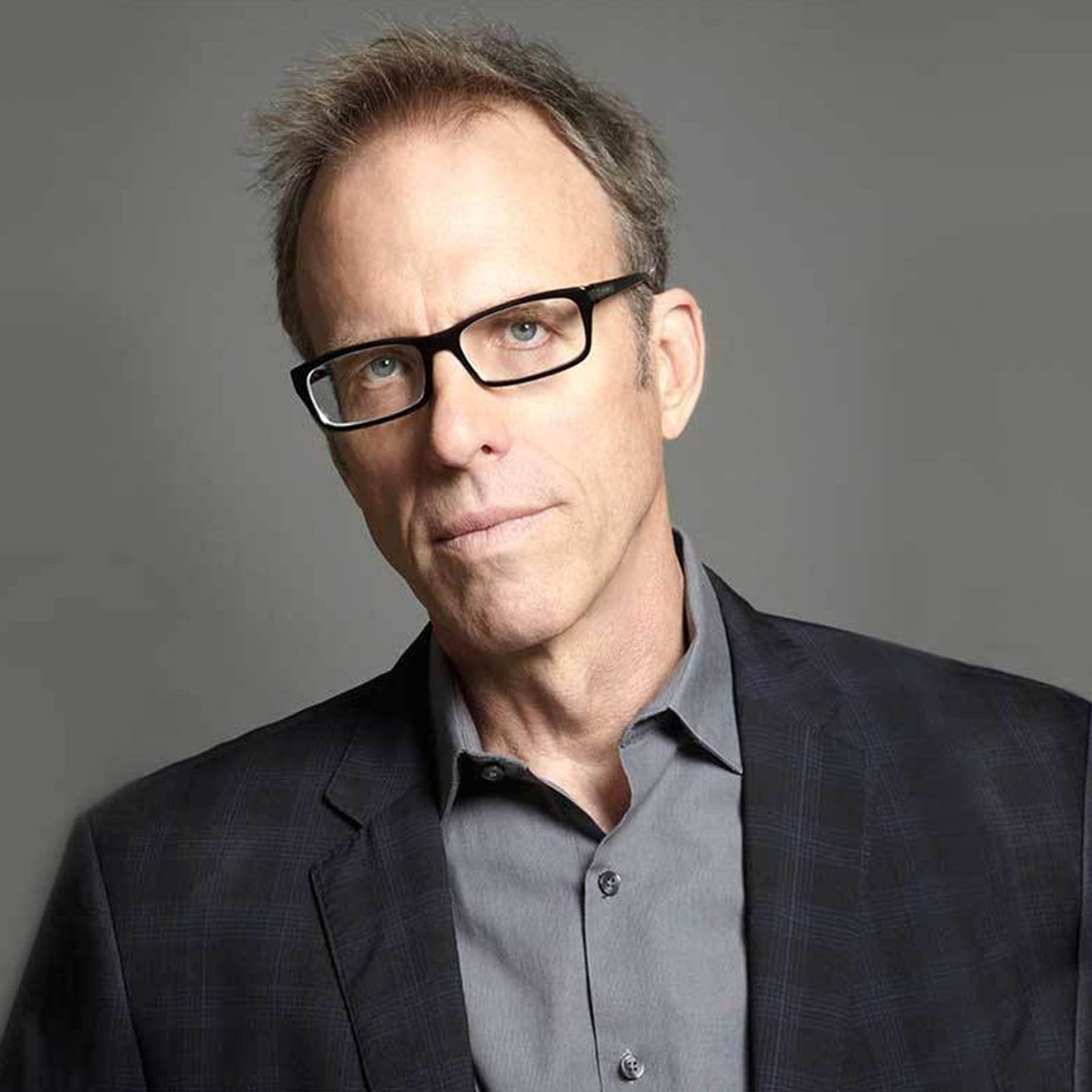- Truth-Telling Prize Recipient, 2013

- Truth-Telling Prize Recipient, 2013
Jose Antonio Vargas, a journalist, filmmaker, and the founder of the immigration awareness organization Define American, is the 2013 recipient of The Ridenhour Prize for Truth-Telling.
In June 2011, against the advice of several immigration lawyers, he came out as an undocumented American in a stunning and groundbreaking essay, “My Life as an Undocumented Immigrant,” in the New York Times Magazine. In it, he revealed how he came to the United States from the Philippines as a 12-year-old boy to join his grandparents, both naturalized citizens, in California. At the age of 16, he discovered that his green card was fake when he went to the DMV to get a driver’s permit. The clerk examined his residency card and then whispered to him that it was a fake and that he shouldn’t come back again. After confronting his grandfather, who had purchased the green card and other documents for him, Vargas made a decision that he wrote about in his essay:
I decided then that I could never give anyone reason to doubt I was an American. I convinced myself that if I worked enough, if I achieved enough, I would be rewarded with citizenship. I felt I could earn it.
Vargas’ early journalism jobs were impressive and wide-ranging. He started with an internship at his local paper, the Mountain View Voice. There, he got his first paid news assignments. Vargas also co-edited his school newspaper. He worked part-time at the San Francisco Chronicle as a college freshman and landed an internship at the Philadelphia Daily News, covering a drive-by shooting and the wedding of the then-76ers star Allen Iverson.
In the summer of 2003, he won a coveted internship at the Washington Post, which required a driver’s license. After studying various states’ requirements, and with the help of sympathetic friends, he managed to establish the residency requirement for Oregon and got a license that would expire eight years later, on his 30th birthday, in February 2011. Vargas believed that eight years would be plenty of time to be professionally successful, and, hopefully, see the passage of immigration reform.
After he graduated, the Post offered him a full-time, two-year, paid internship, beginning in the summer of 2004. But this time, being in the thick of the immigration debate in the capital, working while undocumented was a secret he couldn’t bear alone. He confided in Peter Perl, his mentor from his first internship, who was now part of the paper’s management. Sitting on a bench across the street from the White House, Vargas confessed everything. Perl was shocked, but said Vargas had done the right thing. Vargas continued with his internship, and spent his first Thanksgiving in Washington with Perl’s family.
In the five years that followed, Vargas was promoted to staff writer at the Post, where he covered tech and video game culture, HIV/AIDS in the nation’s capital, and the 2008 presidential campaign. There, he was part of the team that won a Pulitzer Prize for coverage of the Virginia Tech massacre. In 2007, Politico named him one of 50 Politicos to Watch. In 2009, he moved to New York to join the Huffington Post, where he worked for roughly a year as a senior contributing editor and launched the Technology and College sections. His 2006 series on HIV/AIDS in Washington, DC inspired a feature-length documentary, The Other City, which he co-produced and wrote. It had a world premiere at the 2010 Tribeca Film Festival. In 2010, he also landed a plum assignment — an exclusive profile of Facebook founder and CEO Mark Zuckerberg for a publication he had dreamed of writing for since he was a child, the New Yorker.
In all his time as a journalist, Vargas had avoided writing about immigration. But during the 2008 presidential campaign, while covering Senator Ted Kennedy’s endorsement of Barack Obama in New Mexico, Vargas desperately wanted to come clean. Kennedy’s brother, President John Kennedy, was the author of a 1986 book, A Nation of Immigrants, and the Senator himself was a long-time advocate of immigration rights and immigration reform. If anyone would understand, Kennedy would, Vargas felt. But he held his tongue.
Another time, during the 2008 Iowa caucuses, when Republican hopefuls Mike Huckabee and Mitt Romney were squaring off against each other, the subject of immigration came up. Both Huckabee and Romney were trying to position themselves as the most hardline on the issue. While Huckabee discussed immigration during a press conference that Vargas attended, Vargas wanted to raise his hand and tell the politicians, “I’m one of those ‘illegal immigrants’ you’re talking about.” But again he stayed silent.
The pressure to say something, however, was building. When he found out that he was part of the Washington Post team that had won a Pulitzer, terrified that the added scrutiny would jeopardize his secret, Vargas went to the bathroom and cried.
In 2010, Vargas began following news of a growing movement of DREAMers, undocumented young students who had begun “coming out” after a version of the DREAM Act was derailed in 2010. DREAM, an acronym for Development, Relief, and Education for Alien Minors, was first introduced in 2001 as a way to provide a path to legal residency to immigrants who arrived in the United States as minors and have since graduated from American high schools. After the bill’s 2010 defeat, student activists began publicly declaring themselves undocumented. Two college students walked into a Border Patrol office in Alabama and informed agents that they were in the country without the proper papers. Four DREAMers walked 1,500 miles from Miami to Washington, DC, to raise awareness.
It was then that Vargas knew that he couldn’t keep quiet any longer. “I had a lot of reasons” for telling the truth, he says. “I couldn’t keep going. No one was threatening to out me, and frankly, I never thought I’d make it as far as I did in my career. I could have kept on going. But I was tired of lying to people about my immigration status.”
And so he came out in the most public way that he could, with a long, personal, painfully honest essay in the New York Times Magazine. The piece stunned media and political circles, attracting worldwide coverage. For two weeks after, it was the most shared article on Google. For the first time, “undocumented immigrant” trended on Twitter. A year later, he appeared on the cover of TIME magazine with fellow undocumented immigrants as part of a follow-up cover story he wrote called “Not Legal, Not Leaving.” Shortly before its publication, the Department of Homeland Security announced that it would no longer deport young undocumented residents who would qualify for the DREAM Act.
“I’d spent my whole adult life being afraid of being found out,” Vargas says, of the wake of the essay’s publication, “of not just being deported but of being found out. I was prepared for anything and everything to happen, including deportation.” Fortunately, that hasn’t happened — so far — and no immigration authorities have contacted him since 2011, though his is now a household name and he has told his story on national and international TV and radio programs, including Nightline, the O’Reilly Factor, and the Colbert Report.
Since he is not allowed to be employed, he has had to be financially independent ever since he came out about his undocumented status, and his driver’s license was revoked. His only piece of acceptable identification is a passport from the Philippines, where he was born.
In January 2013, he was asked to testify in front of the Senate Judiciary Committee. “It was nerve-wracking,” Vargas says, “one of the most stressful moments of my life, mostly because I didn’t want to let anyone down. Days and hours before the testimony, I received at least 200 messages (via Facebook, email, Twitter), mostly from undocumented people asking me not to forget them.”
Now, he says, that his is “just one story” among 11.5 million — the estimated number of undocumented immigrants in the United States — of which almost 400,000 were deported by the Immigrations, Customs and Enforcement agency in 2011. “It has to be bigger than me. How do we bring other people into the conversation?” To that end, he founded Define American, which aims to facilitate dialogue about immigration reform. He still gets “countless emails” from undocumented people and their allies every day.
The judges award the 2013 Ridenhour Prize for Truth-Telling to Jose Antonio Vargas because, like Ron Ridenhour, he had a choice: to remain silent and safe or reveal his truth and risk sanctions. For Vargas those risks included the loss of a promising career and even deportation. In taking the latter course, he practiced the type of moral courage that Ridenhour Prize winners exemplify.
More 2013 Prize Winners
One Bold Move, Countless Lives: Empowering Humanity, Changing the World.



